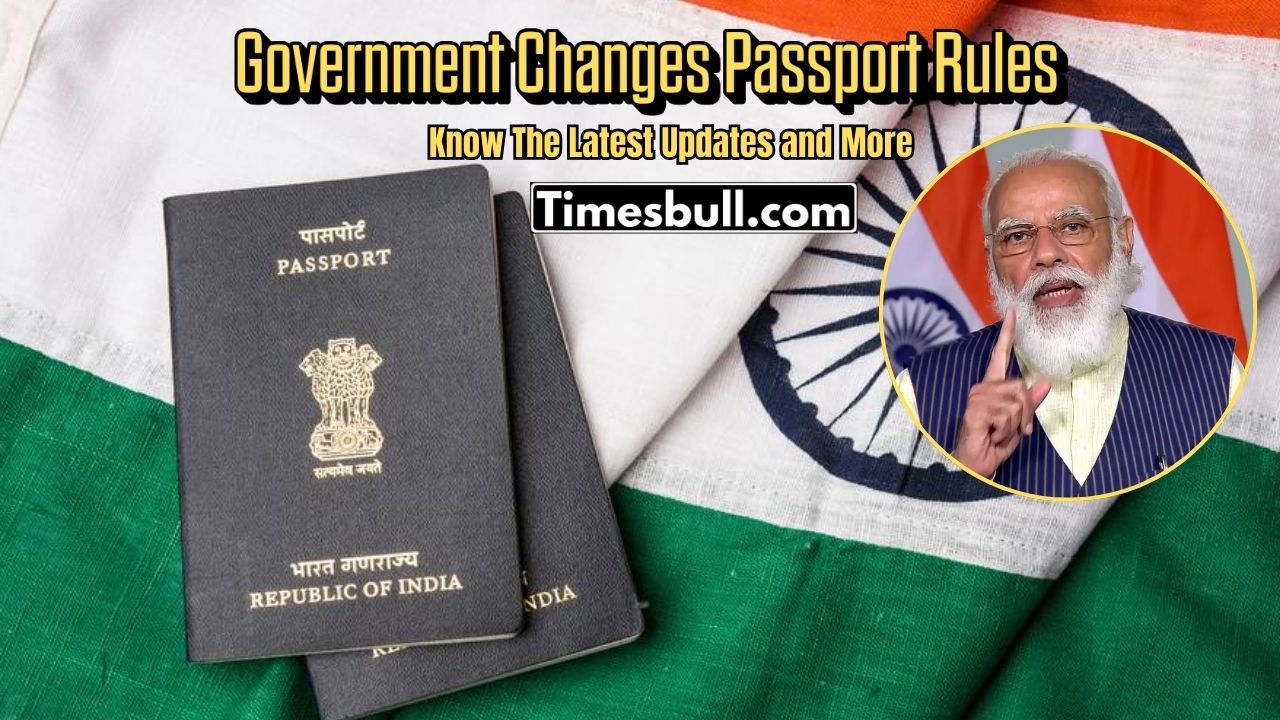A big update has been announced for those traveling abroad. The government has changed the rules related to passports (Passport New Rules). Now, for applicants born on or after October 1, 2023, the only accepted proof of a passport will be the birth certificate issued by the appropriate authorities. This rule does not apply to those born before October 1, 2023. An official notice has been issued regarding the amendment to the Passport Rules, 1980.
A passport is an essential document for traveling abroad. It verifies a person’s identity and nationality and must be presented at airports and border checkpoints. The new rules aim to prevent the use of fake documents. These changes have already come into effect this week. In this article, we will share all the details about the 4 important updates related to passports.
What Do the New Passport Rules Say?
For applicants born on or after October 1, 2023, certain documents will no longer be accepted as proof of date of birth. Birth certificates issued by the Registrar of Births and Deaths, Municipal Corporation, or any other authority under the Births and Deaths Registration Act 1969 will not be valid for passport applications.
Instead, applicants can submit any of the following documents as proof of birth:
- Birth certificate
- Matriculation certificate
- School transfer certificate from a recognized educational institution or last school attended
- Permanent Account Number (PAN) card issued by the Income Tax Department
The submitted document must contain the date of birth.
New Passport Color Codes
- Red passport – Issued to diplomatic passport holders
- White passport – Issued to government officials
- Blue passport – Issued to all other individuals
Changes in Passport Details
The residential address will no longer be printed on the last page of the passport. Instead, immigration officials can scan the barcode to access this information. This step has been taken to protect applicants’ privacy. The parents’ names will no longer be printed on the last page of the passport. This change will benefit children of single parents or separated families.


